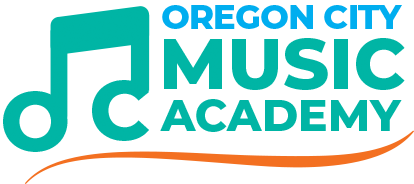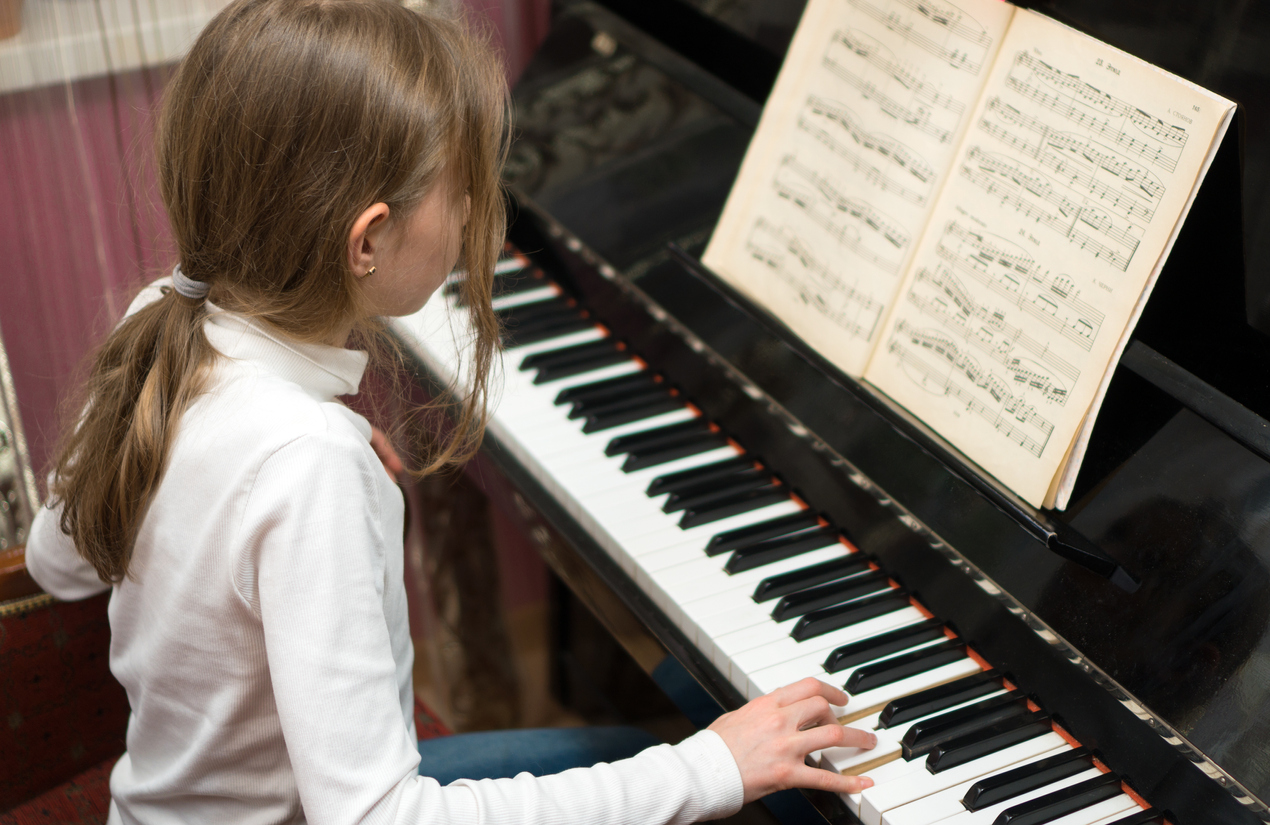The beginning of a new year is an excellent time to focus on personal growth and goal-setting. For children, it’s a natural moment to transform casual interests into meaningful pursuits that build essential skills for life. Enrolling your child in music lessons in January is a great way to help them transition from playful exploration to dedicated practice. At Oregon City Music Academy, we’ve seen how music education cultivates discipline, time management, and perseverance—skills that not only benefit students musically but also translate to success in academics, relationships, and beyond.
Here’s how starting music lessons this January can help your child develop lifelong skills and create a strong foundation for their future.
Turning Interest Into Dedication
Many children express curiosity about music, whether it’s tapping rhythms on a table, mimicking songs they hear, or exploring instruments casually. While this playfulness is an important part of discovery, structured music lessons are the key to turning that interest into a meaningful and rewarding pursuit.
When children begin music lessons, they move from unstructured exploration to focused learning. Starting lessons in January allows students to embrace the energy of the new year, channeling their curiosity into a commitment to growth. Whether they choose the piano, violin, or another instrument, lessons provide a clear path to progress and accomplishment.
Building Discipline Through Regular Practice
One of the most valuable lessons music teaches is discipline. Learning an instrument requires consistent practice, attention to detail, and the ability to stay motivated even when challenges arise. As students commit to practicing their instrument, they develop habits that foster self-discipline and accountability.
These habits extend far beyond music. Parents often report that their children become more organized and focused in their schoolwork after starting music lessons. For example, a student learning the violin might schedule daily practice sessions, building the time management skills they need to balance homework, extracurricular activities, and personal responsibilities.
Mastering Time Management
Time management is an essential skill for success in life, and music lessons provide an ideal framework for children to develop it. Regular lessons and practice schedules teach students how to prioritize their time effectively. They learn to balance their musical commitments with other aspects of their lives, ensuring they stay on top of their responsibilities while pursuing their passion.
By enrolling in music lessons in January, your child has the opportunity to establish a routine early in the year. This routine becomes a habit, helping them manage their time more efficiently and reducing stress in their daily lives.
Perseverance and Problem-Solving
Every musician faces challenges, from mastering a difficult piece to refining techniques. Music lessons teach children how to approach these challenges with perseverance and problem-solving skills. Rather than becoming discouraged, students learn to break tasks into manageable steps, practice patiently, and celebrate small victories along the way.
These lessons in perseverance are invaluable in other areas of life. A child who learns to tackle a tricky passage on the piano is better equipped to approach challenges in school, sports, or personal relationships with confidence and determination.
The Ripple Effect: Skills That Extend Beyond Music
The skills developed through music lessons don’t just stay in the practice room—they ripple outward, influencing every aspect of a student’s life. Here are a few examples of how music education translates to other areas:
- Academics: Discipline and time management help students excel in their studies, while the cognitive benefits of music enhance memory, attention, and problem-solving.
- Relationships: Perseverance and emotional expression improve communication and empathy, strengthening connections with peers and family members.
- Personal Growth: The confidence gained from mastering an instrument encourages children to take on new challenges and embrace opportunities for growth.
At Oregon City Music Academy, we’ve seen students transform through their lessons, becoming more focused, resilient, and self-assured individuals.
Real Stories of Growth and Success
Parents at Oregon City Music Academy often share how music lessons have positively impacted their children’s lives. One parent described how their son, who started piano lessons in January, became more disciplined in managing his homework and practice schedule. “He used to procrastinate, but now he’s so much more organized and motivated,” they shared.
Another parent noted how their daughter’s violin lessons taught her the value of persistence. “She was so proud when she finally nailed that difficult piece. It showed her that hard work really pays off,” they said.
These success stories highlight the transformative power of music lessons and why January is the ideal time to begin.
Start the New Year With Music Lessons
The new year is a time for growth, discovery, and fresh opportunities. By enrolling your child in music lessons at Oregon City Music Academy this January, you’re giving them the tools to develop lifelong skills that will serve them well in every area of their lives. Our experienced instructors are dedicated to helping students thrive, both musically and personally.
Contact us today at (503) 880-4880 to schedule an appointment, text us, or use our convenient online form to enroll. Let’s make 2024 the year your child transitions from playtime to practice and discovers the lifelong benefits of music education.


